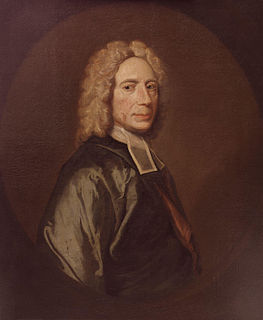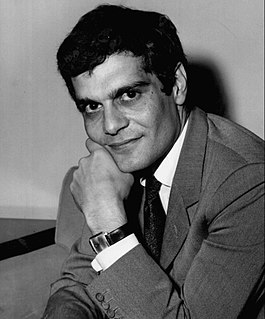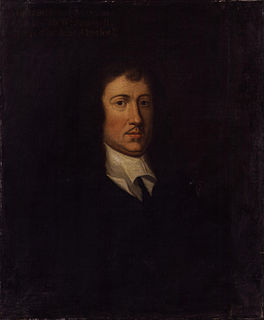A Quote by Isaac Watts
In common discourse we denominate persons and things according to the major part of their character; he is to be called a wise man who has but few follies.
Related Quotes
The public discourse on global warming has little in common with the standards of scientific discourse. Rather, it is part of political discourse where comments are made to secure the political base and frighten the opposition rather than to illuminate issues. In political discourse, information is to be 'spun' to reinforce pre-existing beliefs, and to discourage opposition.
Part of living, part of becoming a wise man or a wise woman, is to get to that point where you can have a friend for whom you are genuinely happy when he or she has a success. That's tough. Very few people get to that point. With writers it's next to impossible. You can't really bless a writer who's as good as yourself.
And government (to define it de facto, or according to modern prudence) is an art whereby some man, or some few men, subject a city or a nation, and rule it according to his or their private interest; which, because the laws in such cases are made according to the interest of a man, or of some few families, may be said to be the empire of men, and not of laws.
An institution is the lengthened shadow of one man; as, monachism of the Hermit Anthony, the Reformation of Luther, Quakerism of Fox, Methodism of Wesley, abolition of Clarkson. Scipio, Milton called "the height of Rome;" and all history resolves itself easily into the biography of a few stout and earnest persons. Let a man, then, know his worth, and keep things under his feet.
the only way in which a human being can make some approach to knowing the whole of a subject, is by hearing what can be said about it by persons of every variety of opinion, and studying all modes in which it can be looked at by every character of mind. No wise man ever acquired his wisdom in any mode but this; nor is it in the nature of human intellect to become wise in any other manner.

































